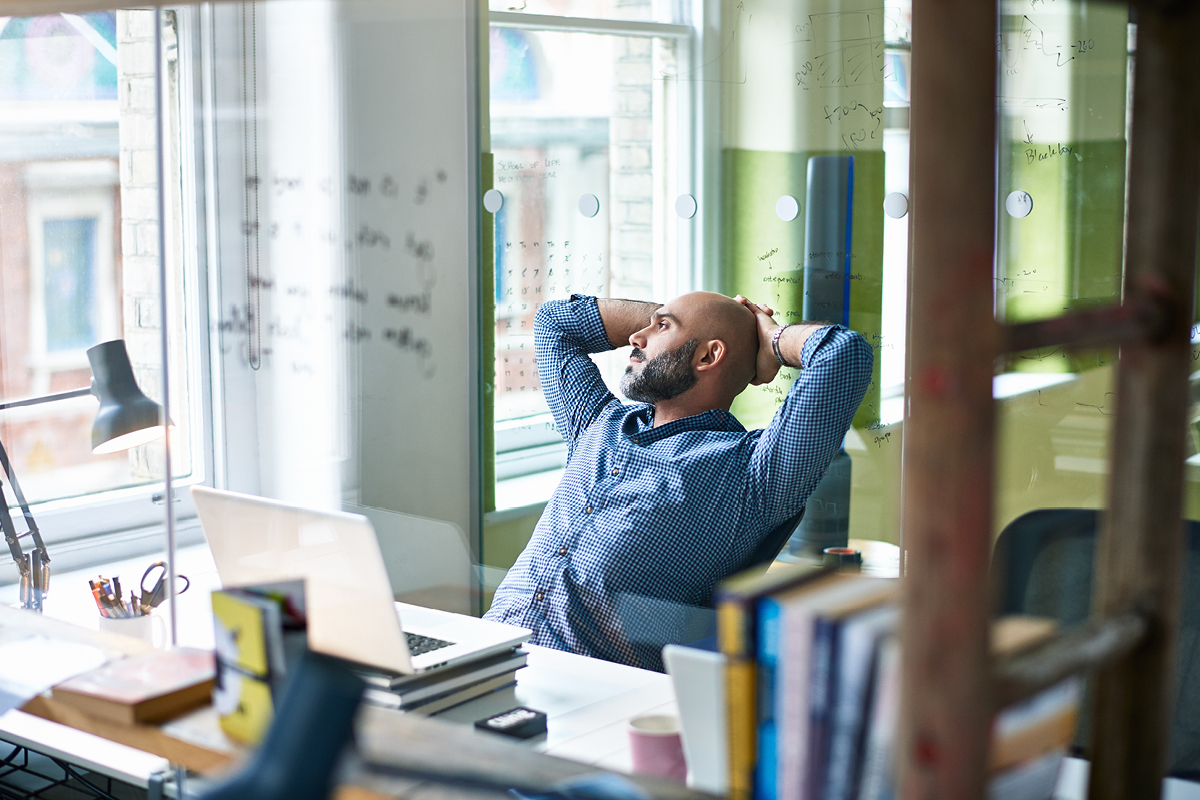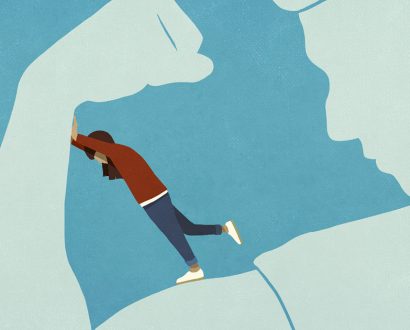“Sleep is the cornerstone of a healthy lifestyle. On a day to day basis, how well and how long we slept the night before is the single most important variable dictating how we feel,” says Dr David White, Chief Medical Officer, Philips Sleep & Respiratory Care.
A maximised lifestyle is good and bad
In our desire to maximise time we cram every minute of our day with activity. We listen to a podcast while we drive to work or while we exercise. Compared with 12 years ago, when the iPhone was first introduced, we have access to so many opportunities to learn and be connected wherever we are. There are HUGE benefits for the busy person to be checking emails early, on the walking machine, while they listen to their favourite playlist or the latest book summary on Blinkist.
The downside of the smartphone age is that we rarely allow ourselves to let down from activity. Once we had to make a deliberate decision to buy the CD’s to listen in the car. Further back, it was the cassettes for the Walkman. Now, many of us become restless if we have nothing to do while we wait for a plane or in traffic or are out for a walk.
We have become so used to running fast, all the time, we struggle to sit still. We need that adrenaline pumping through our body to feel energised and on our game. We want to be like a high-performance racing car running at full speed. Yet, we forget that those cars spend a LOT of time in the workshop (a lot of downtime) getting tuned and serviced.
Time to reflect
Making time to reflect is a necessary way to help the brain to slow down and relax from the millions of messages we receive every day. It is important for brain health and for healthy sleep. While we sleep, our brain processes many of the events and details of the day. If there is no time for a little daydreaming during the day or evening, we are putting added pressure on our brain while we are trying to sleep. It is one reason insomnia is such a common problem. A report in the Australian Journal of Pharmacy (AJP March, 2018) indicates that more than 50% of Australians struggle with lack of sleep mostly due to illness, stress and technology.
5 things we can all do to slow down
Disengage from technology regularly
Try to have one day a week when you turn your smartphone off. Once a year, get off the grid for a week or two. This is harder than you think. A smartphone is also your camera and your calendar and your GPS. It will take a firm decision and commitment, but it will benefit you greatly.
Turn off ALL devices at least 30 minutes before you go to bed
And keep them out of the bedroom. The bedroom is for sleep, sexual intimacy and reading books.
Carve out time to reflect
Sit still for up to 15 minutes each day with nothing else but your thoughts. Use this time to process the events of the day. Take time to reflect on what is going on for you at this very moment. What are you feeling about yourself and your day? Apprehend any negative thoughts or feelings that have crept in to your psyche. If 15 minutes is hard, start with 3 minutes and build up to 15 each day.
Keep a written paper journal
Daily or a few times per week, write out what you are feeling and what is significant for you in your world. Writing down the things for which you are grateful can totally reframe a stressed mind. Journaling is a form of mindfulness and it will help you better connect with yourself emotionally. It is an activity best done analogue and it helps slow down the pace of your mind.
Practice walking or driving in silence
Turn off the radio, podcast or music sometimes. Quieten your mind and learn to enjoy your thoughts. See where they take you. Take time to daydream a little.
All of us can benefit from doing some or all these things. If you suffer from poor sleep, you will appreciate the difference after a few weeks of practising these as new habits as part of your daily routine. You will enjoy better sleep, you will probably remember good ideas and you can expect to be less anxious.







